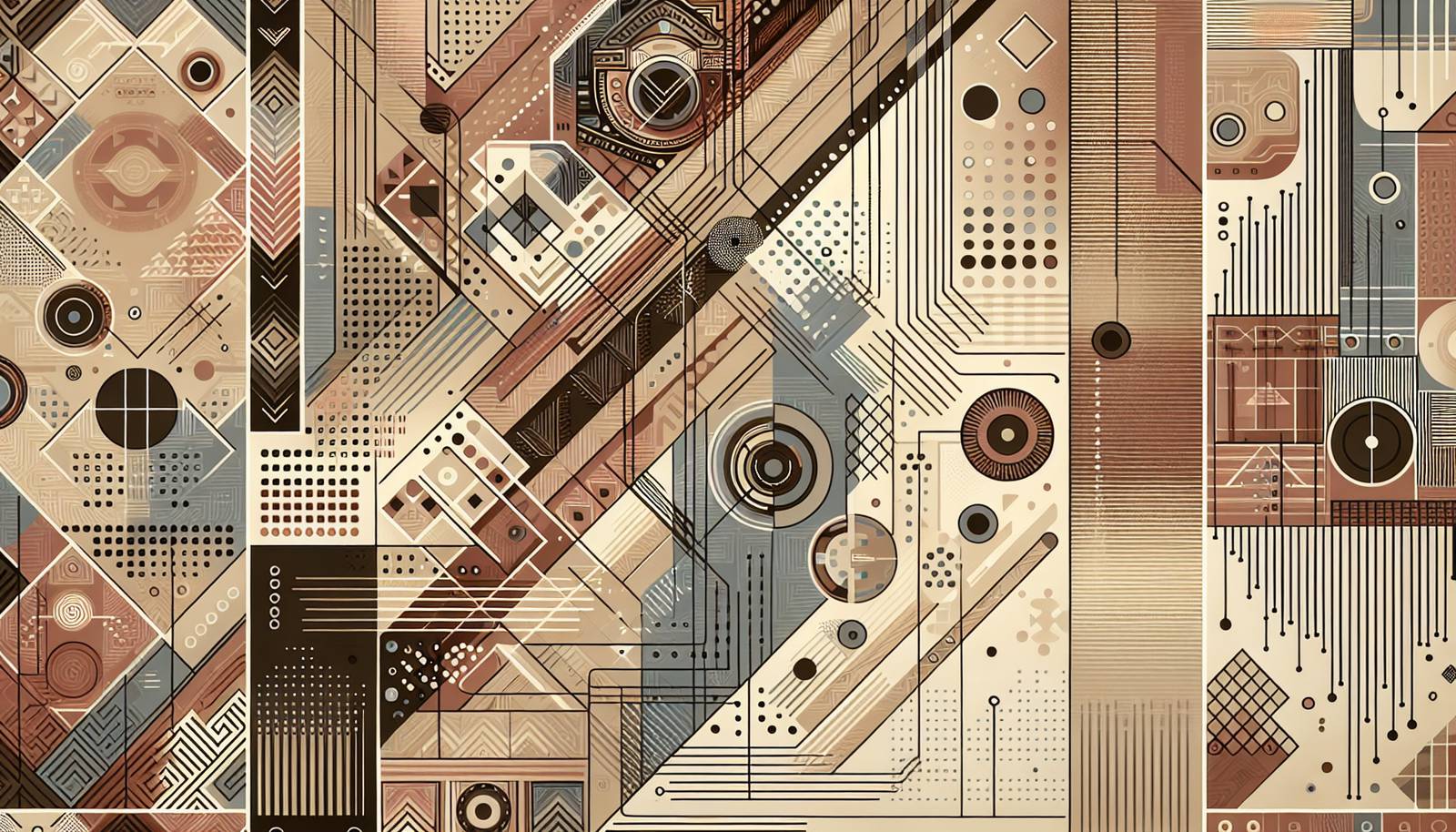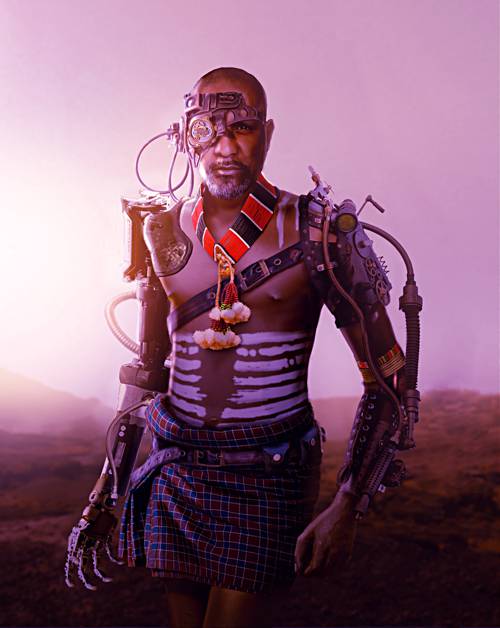
FAQ About The Role of Afrofuturism in Science Fiction Literature

What is Afrofuturism in science fiction?
Afrofuturism is a cultural and artistic movement that combines elements of science fiction, historical fiction, fantasy, and Afrocentrism with non-Western cosmologies. It is a way of imagining possible futures through a black cultural lens, incorporating African culture, motifs, and traditions in futuristic narratives.

How does Afrofuturism integrate African culture with science fiction?
Afrofuturism integrates African culture with science fiction by using African traditions, folklore, and cultural elements as foundational components in futuristic stories. This includes creating alternative visions of the future that center on black experiences and perspectives, often infused with African mythology, aesthetics, and symbolism.

Who are some notable authors of Afrofuturist science fiction?
Some notable authors of Afrofuturist science fiction include Octavia Butler, Samuel R. Delany, and Nnedi Okorafor. These writers have significantly contributed to the genre by exploring themes of race, identity, and technology through the lens of African and African American experiences.

What themes are commonly explored in Afrofuturist literature?
Common themes in Afrofuturist literature include race relations, identity, resistance against oppression, and empowerment. It often explores the intersection of technology, culture, and politics while reimagining historical events and future possibilities.

How does Afrofuturism differ from traditional science fiction?
Afrofuturism differs from traditional science fiction by prioritizing African and African American perspectives, stories, and cultural elements. While traditional science fiction often centers around Western narratives and perspectives, Afrofuturism creates space for diverse voices, focusing on themes of oppression, liberation, and cultural heritage.

What impact has Afrofuturism had on mainstream science fiction?
Afrofuturism has had a significant impact on mainstream science fiction by broadening the scope of narratives and perspectives represented in the genre. It has introduced unique and culturally rich storytelling approaches, influencing how diverse and inclusive futures are portrayed in media and literature.

Can Afrofuturism be found in other types of media besides literature?
Yes, Afrofuturism can be found in various types of media including film, visual art, music, and fashion. The movement spans across different forms of artistic expression, influentially shaping how African and black futures are envisioned and represented.

What role does technology play in Afrofuturist narratives?
In Afrofuturist narratives, technology often serves as a tool for liberation, innovation, and transformation. It is portrayed as a means to reimagine black futures and challenge existing societal structures, often interfacing with African cultural symbols and ideas in creative ways.

Are there any Afrofuturist science fiction films?
Yes, Afrofuturist themes are present in films like "Black Panther" and "Get Out," which incorporate elements of African culture, speculative futures, and critiques of contemporary societal issues. These films use the visual medium to explore and expand on Afrofuturist ideas.

What is the significance of African mythology in Afrofuturist literature?
African mythology is significant in Afrofuturist literature as it provides a rich tapestry of stories, symbols, and archetypes for reimagining the future. It allows authors to explore cultural heritage, history, and identity while infusing speculative narratives with distinctly African elements.

How has Afrofuturism influenced contemporary culture?
Afrofuturism has influenced contemporary culture by inspiring artists, musicians, filmmakers, and writers to incorporate African-centered narratives and aesthetics into their work. It has fueled a broader recognition of black creativity and cultural heritage, pushing for more inclusivity and diversity in various artistic arenas.

What is the historical background of Afrofuturism?
Afrofuturism emerged in the late 20th century as a response to the need for black narratives within speculative fiction genres. It drew inspiration from African American culture, science fiction, and post-colonial theory to challenge existing racial narratives and project new futures.

What literary techniques are commonly used in Afrofuturist works?
Afrofuturist works often use speculative elements, such as alternate realities or futuristic technology, alongside traditional African narrative forms and oral storytelling. Other techniques include magical realism, hybrid languages, and nonlinear narrative structures to explore complex themes.

Is Afrofuturism considered a subgenre of science fiction?
Afrofuturism is often considered a subgenre of science fiction, though it also intersects with fantasy, magical realism, and historical fiction. Its unique focus on African diasporic perspectives and culturally specific elements sets it apart within the larger speculative fiction landscape.

How do Afrofuturist authors address contemporary social issues?
Afrofuturist authors address contemporary social issues by extrapolating current events into future or alternate contexts, creating spaces to explore themes of resistance, social justice, and identity. Their stories often serve as allegories or critiques of modern societies, emphasizing empowerment and transformation.

Are there educational resources available for learning more about Afrofuturism?
Yes, there are numerous educational resources available including books, academic articles, and online courses focused on Afrofuturism. Universities and cultural institutions often offer programs and events that delve into its history, impact, and cultural significance.

What role does music play in Afrofuturism?
Music is a crucial element of Afrofuturism, exemplified by artists like Sun Ra, George Clinton, and Janelle Monáe, who use sound to explore themes of space, time, and identity. Music often serves as a medium to express Afrofuturistic ideas and create immersive auditory experiences of alternate futures.

How do Afrofuturist narratives challenge stereotypical portrayals of black characters in science fiction?
Afrofuturist narratives challenge stereotypical portrayals by focusing on complex, multidimensional characters who often possess agency and power. They redefine black characters as central to the narrative, portraying them as visionaries, leaders, and innovators in speculative storylines.

What is the connection between Afrofuturism and African spirituality?
Afrofuturism often incorporates elements of African spirituality, such as cosmology and mythology, as integral parts of its world-building. This connection offers a platform to explore spiritual traditions and philosophies as part of reimagining futures rooted in African heritage.

How is Afrofuturism used as a tool for empowerment and liberation?
Afrofuturism serves as a tool for empowerment and liberation by providing a framework for envisioning futures where black people thrive beyond limitations imposed by historical and societal oppression. It invites imagination and creativity to inspire new possibilities and hope in real-world struggles for justice and equality.
